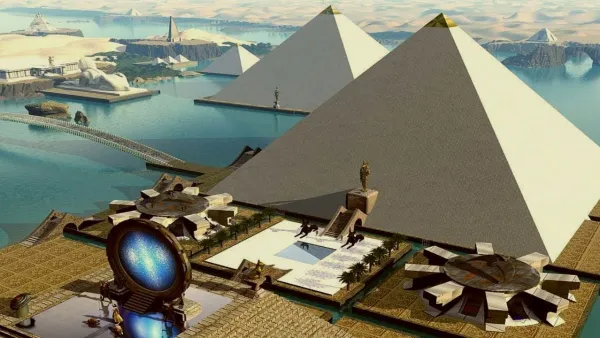Twice each year, the equinox brings a perfect balance: day and night in equal measure. For ancient peoples, this moment was not only astronomical but also symbolic—representing equilibrium, renewal, and cosmic order. Across the globe, monuments were aligned to capture this fleeting celestial balance, suggesting that ancient civilizations placed immense importance on the mysteries of the equinoxes.
Equinoxes Carved in Stone
The precision of equinox alignments astonishes modern researchers. At Mnajdra in Malta, sunlight enters directly through the main doorway on the equinoxes, illuminating the heart of the temple (Ancient360). In Mexico, the great pyramid of Chichén Itzá creates the famous serpent-shadow during the Spring and Autumn Equinoxes—a phenomenon only possible through exact astronomical calculation.
In Europe, megaliths like those studied in Europe’s Megaliths and the Winter Solstice also demonstrate equinoctial awareness, marking transitions in cosmic cycles.
Symbolism of Balance
Equinoxes were not only practical timekeepers. They were cosmic symbols of duality and balance, reflecting harmony between light and dark, life and death, chaos and order. As highlighted in Sacred Geometry in Ancient Architecture, these structures encoded metaphysical ideas as much as scientific ones.
Knowledge Shared or Relearned?
The recurrence of equinox alignments worldwide suggests either a shared ancient tradition or a human tendency to rediscover celestial rhythms. From Malta to Mesoamerica, and from Egypt to Asia, these alignments hint at either forgotten connections or universal archetypes.
The article Ancient Astronomical Alignments reminds us that our ancestors were far more attuned to the cosmos than we often admit.
Conclusion: A Time of Renewal
By observing equinoxes, ancient civilizations not only tracked time but celebrated balance and rebirth. Today, their monuments remind us of a cosmic perspective deeply embedded in human history—a perspective worth rediscovering in our modern world.






